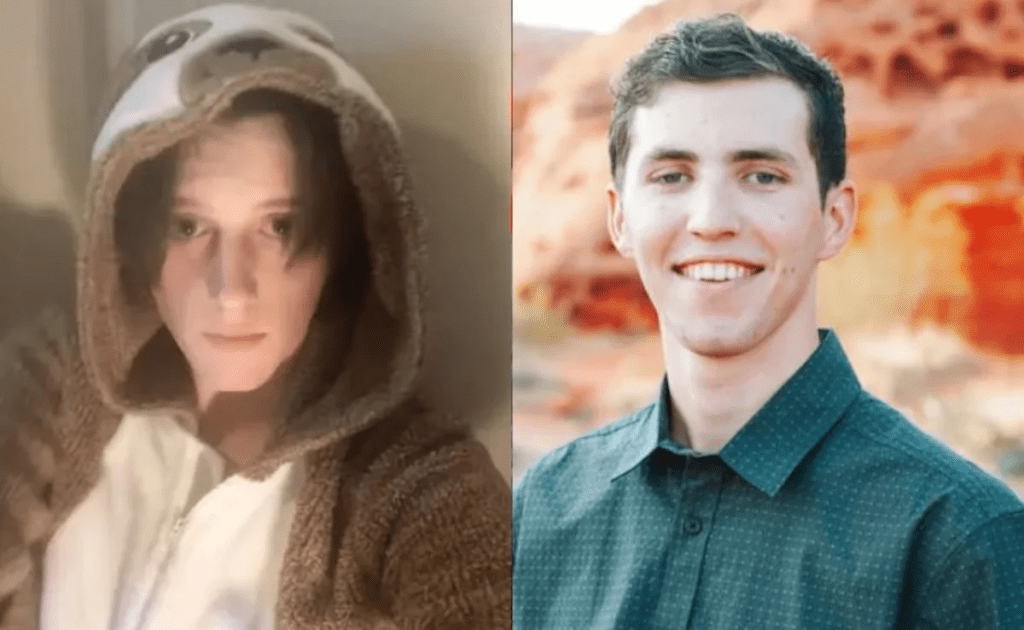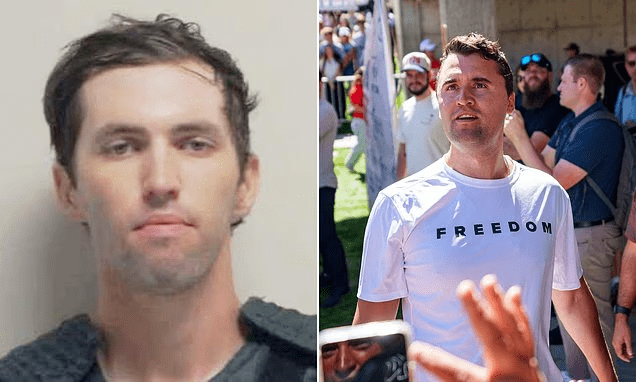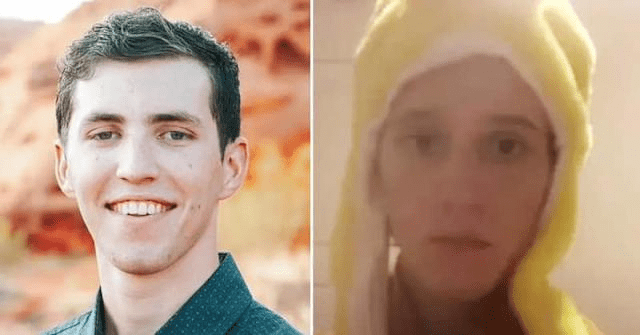Trans man Lance Twiggs, live-in partner of Charlie Kirk’s suspected assassin, disappears six weeks after the high-profile killing
Six weeks after the political assassination of Turning Point USA co-founder Charlie Kirk shocked the nation, new questions are emerging around the disappearance of 22-year-old Lance Twiggs — the reported partner of the man accused of carrying out the killing, Tyler Robinson. Authorities say Twiggs vanished from his Utah hometown shortly after the shooting, leaving behind his car, mail, and most of his belongings.
Investigators describe the situation as “unusual” but have not yet classified Twiggs as a missing person. Neighbors in St. George told local media the townhouse Twiggs once shared with Robinson has been dark and silent for weeks. The couple had reportedly been living together for over a year before the September 10 attack that left Kirk dead.

Federal sources confirmed that Robinson sent Twiggs several text messages confessing to the shooting moments after it happened. The messages reportedly included details about where the weapon was hidden and instructions to delete evidence. Twiggs, according to law enforcement officials, cooperated fully with investigators and turned over the phone and its contents. Since then, however, he has not been seen publicly.
Friends describe Twiggs as quiet, intelligent, and deeply private. He had cut ties with some family members years earlier over personal identity issues but maintained friendships that those close to him now say have gone silent. “He was always gentle, always thinking,” said one former classmate. “To imagine him wrapped up in something like this is hard to believe.”

Tyler Robinson, also 22, remains in federal custody after being charged with first-degree murder and multiple weapons offenses. Prosecutors allege that Robinson targeted Kirk after months of online radicalization and political anger, culminating in the fatal shooting outside a Turning Point event in Salt Lake City. While there is no evidence that Twiggs participated in or encouraged the act, investigators are examining whether he had prior knowledge of Robinson’s intentions.
Legal experts caution that Twiggs’ disappearance complicates the timeline. His cooperation with law enforcement likely means he provided key information early on, but without his presence, prosecutors lose a potential witness capable of shedding light on Robinson’s mental state and motivations leading up to the killing.

As rumors spread online, authorities have urged the public not to speculate about Twiggs’ gender identity or personal life, emphasizing that those details are unrelated to the ongoing criminal case. Officials stress that no warrants have been issued against him and that his safety is their immediate concern.
For the residents of St. George, the case has brought an uncomfortable spotlight. The quiet desert community, known for its conservative roots and close-knit culture, now finds itself at the center of a national conversation about extremism, relationships, and the unseen ripples of political violence.
At this stage, the FBI and Utah authorities continue to search for leads on Twiggs’ whereabouts. Whether he left by choice, fled from fear, or fell victim to another crime remains unknown. What is clear is that two lives once intertwined by a shared home and private bond have become part of a story gripping the country — one ending in a tragic act of violence, and the other lost in silence.

